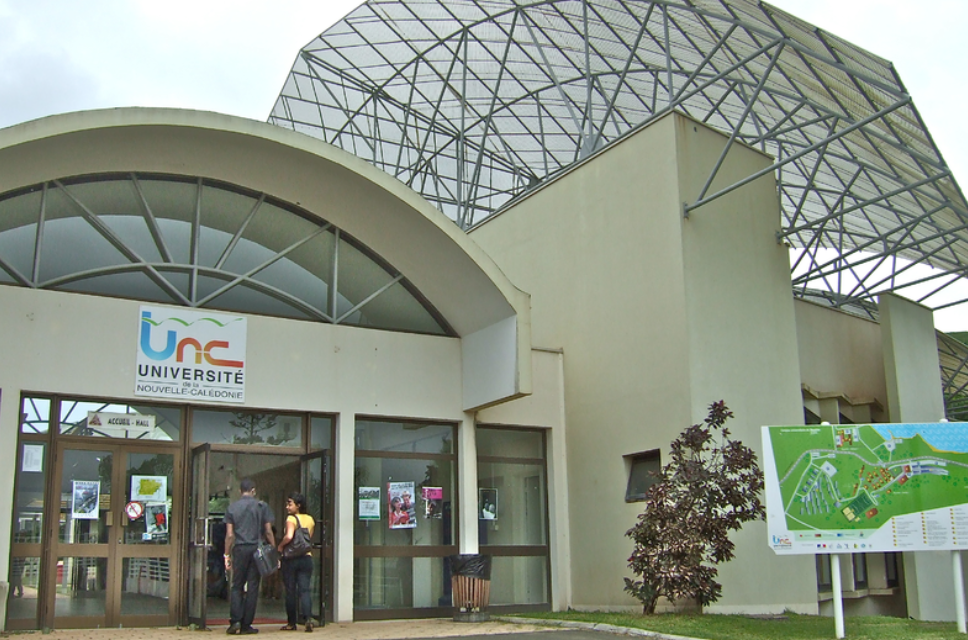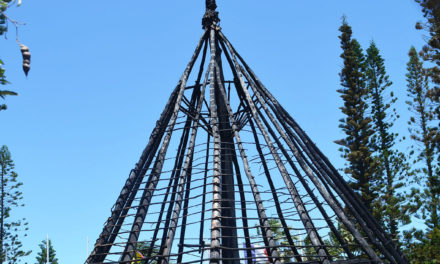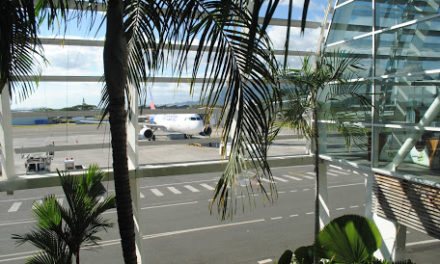The University of New Caledonia has just received substantial financial support from the French government (25 million Australian dollars over 8 years). This is not an automatic grant, but a sum of money obtained after a highly selective competition open to all French universities.
This money will enable the university to develop its special features. And there are many of them. The UNC is still a young university. It was only founded in 1987. It probably still looks too much like its cousins in metropolitan France. The idea is to “oceanise” the university. This concerns the disciplines taught, both in terms of content and form. In particular, the aim is to improve exam pass rates and bring the university closer to the people of New Caledonia. It is not an intellectual island in the city of Nouméa in the middle of a desert, but a partner in the development of the whole of New Caledonia. Its teaching and research into the Kanak languages is a prime example of this.
Responding better to cultural and economic needs
New Caledonia is a global biodiversity hot spot. The extraordinary richness of New Caledonia’s biodiversity is an opportunity for the university… and for its researchers. In certain fields, it is better to work in a New Caledonian laboratory than in a research centre in New York, Paris or London. Over the next few years, the university will be seeking to improve its understanding not only among the general public, but also among New Caledonian politicians, who do not always have the necessary scientific culture.
The “DiversitES” project also aims to develop courses that better meet the needs of New Caledonia’s economic and social world. The ultimate ambition is to facilitate the transitions of our century.
A call to foreign scientists and students
One of the areas of development for the University of New Caledonia concerns its relations with foreign universities in the Pacific zone. The UNC will be developing its cooperation with external partners. There are some in Australia and New Zealand, but also throughout the Pacific with the PIURN network (Pacific Islands Universities Regional Network). This is a consortium of 15 universities in the region. Cook Islands, Fiji, French Polynesia, Kiribati, Marshall Islands, Nauru, Niue, Papua New Guinea, Samoa, Solomon Islands, Tokelau, Tonga, Tuvalu and Vanuatu.
In other words, foreign researchers and students are warmly invited to take a look at the University of New Caledonia, and why not pack their bags?




